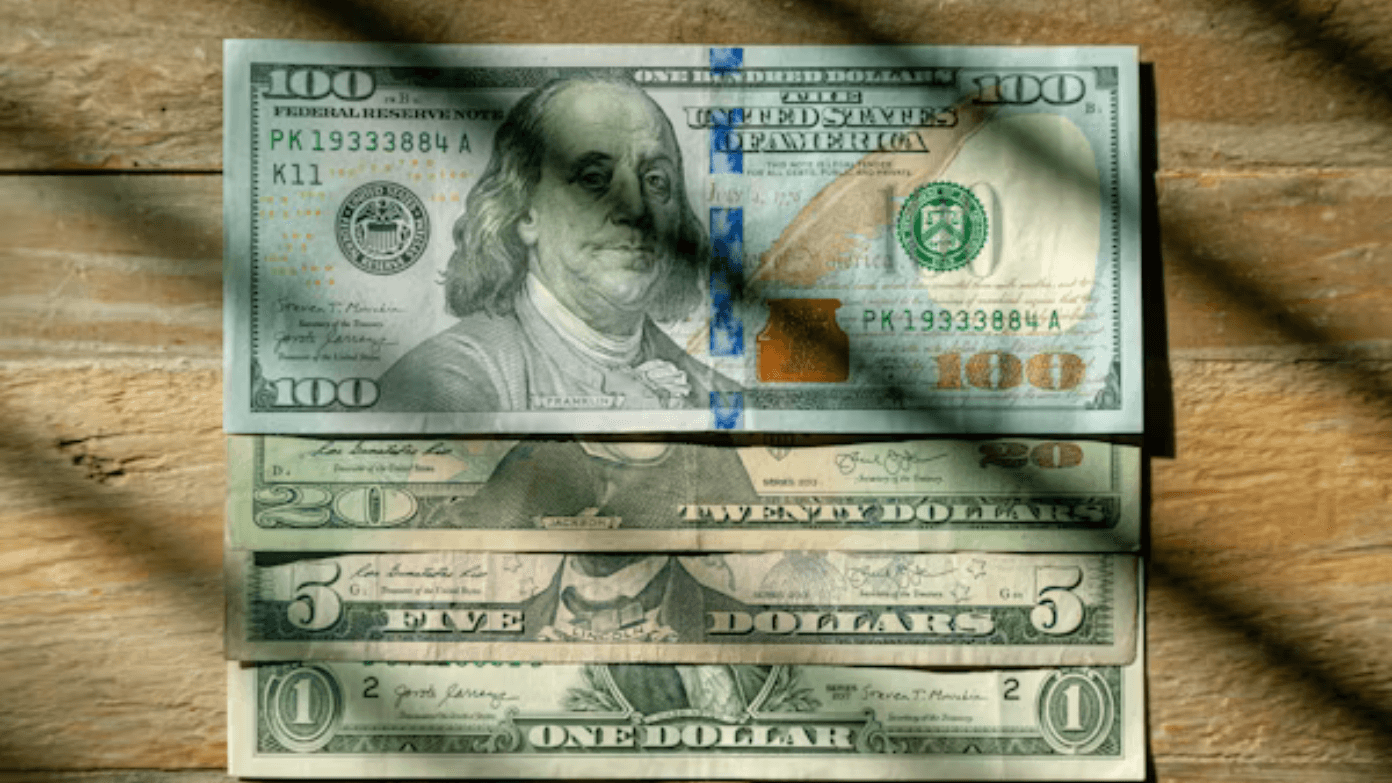The Federal Trade Commission (FTC) issued on April 30, 2025, that it has started issuing refunds worth $18.5 million to 281,724 affected consumers who were taken advantage of by Publishers Clearing House’s (PCH) deceptive e-mail practices. The settlement, initially signed in June 2023, settles charges that PCH employed fraudulent emails and webpage layouts to trick consumers-mostly lower-income and elderly consumers-into thinking they needed to purchase products to enter sweepstakes or increase winning odds. The suit comes on the heels of PCH’s recent Chapter 11 bankruptcy filing, although the company asserts its prize-awarding operations will not be impacted.
FTC charges: Deceptive marketing and secret charges
The FTC complaint characterized pervasive problems with PCH’s marketing tactics. E-mails presented in the guise of legitimate documents like tax returns, requested clicks in promises of free products. Upon reaching the website, consumers were presented with page designs suggesting obligatory purchases for entry into sweeps or winning chances-a blatant contravention of U.S. regulations against pay-for-entry sweeps. To consumers, PCH charged undisclosed shipping charges that averaged about 40% of buying prices and misrepresented “risk-free” returns that were actually subject to consumers paying for return shipping.
Samuel Levine, who previously served as director of the FTC Bureau of Consumer Protection, said the settlement requires PCH to redesign its user interface, eliminate surprise charges, and demarcate clearly sales from sweepstakes. The agency also insisted on the deletion of some consumer data and greater transparency in follow-up messages.
Settlement terms and PCH’s response
PCH paid $18.5 million as part of the settlement but denied doing anything improper. The company, in a statement, stated it “disagreed with the FTC’s assertions” but settled so that it could concentrate on its “famous chance to win” model. While it filed for bankruptcy in April 2025 to dispose of legacy assets such as direct mail and subscriptions, PCH still gives weekly prizes, most recently $50,000. Restructuring plans to move PCH to an ad-supported web entertainment destination.
Refund eligibility and payment process
Only individuals who opened, clicked on fraudulent emails, and later bought something qualify for a refund. The FTC automatically is sending 281,724 checks with no action needed from recipients. Anyone in need of clarification can call Rust Consulting at 888-516-0774 or go to ftc.gov/PCH. The FTC cautioned against fraud, reminding once again that valid refunds never ask for payment or personal information.
Wider implications for sweepstakes and consumer protection
This case highlights the FTC’s stepped-up enforcement against “dark patterns”-design features that mislead users into unwanted behavior. For consumers, it emphasizes chief protections: real sweepstakes never ask for purchases, and payment for prizes up front is prohibited. The FTC cautions about targeted advertising and data sales arising from sweepstakes enrollments, and fake prize notices requesting financial information.
PCH’s shift to online platforms is a concern regarding how emerging technology would continue to enable such manipulative shifts. Regulators might have to revise criteria for interacting with AI-based advertising or gamification models that play on cognitive biases.
A cautionary tale for consumers and corporations
The PCH settlement highlights the FTC’s dedication to protecting vulnerable groups from predatory marketing. While the company reinvents itself in bankruptcy court, the $18.5 million refund is a reminder that transparency is never negotiable in consumer transactions. For participants, the case reconfirms the slogan: if a sweepstakes requires payment, it’s probably a scam-no matter how familiar the name.
Read more: Good news from Meta: strong Q1 figures and upbeat guidance on Q2 despite tariffs and recession fears
Read more: These are the two penny issues from the 1990s worth up to $13,000 – Check your drawers and closets for a small fortune

